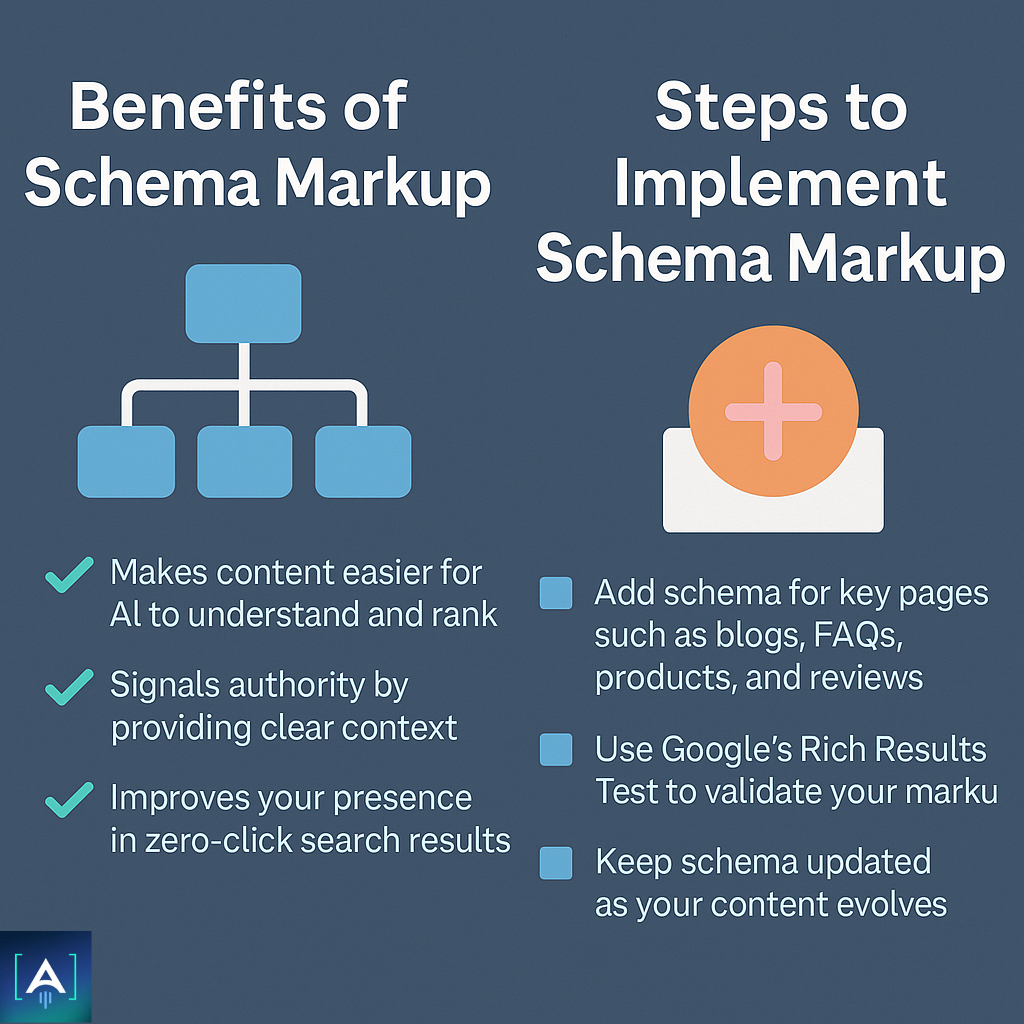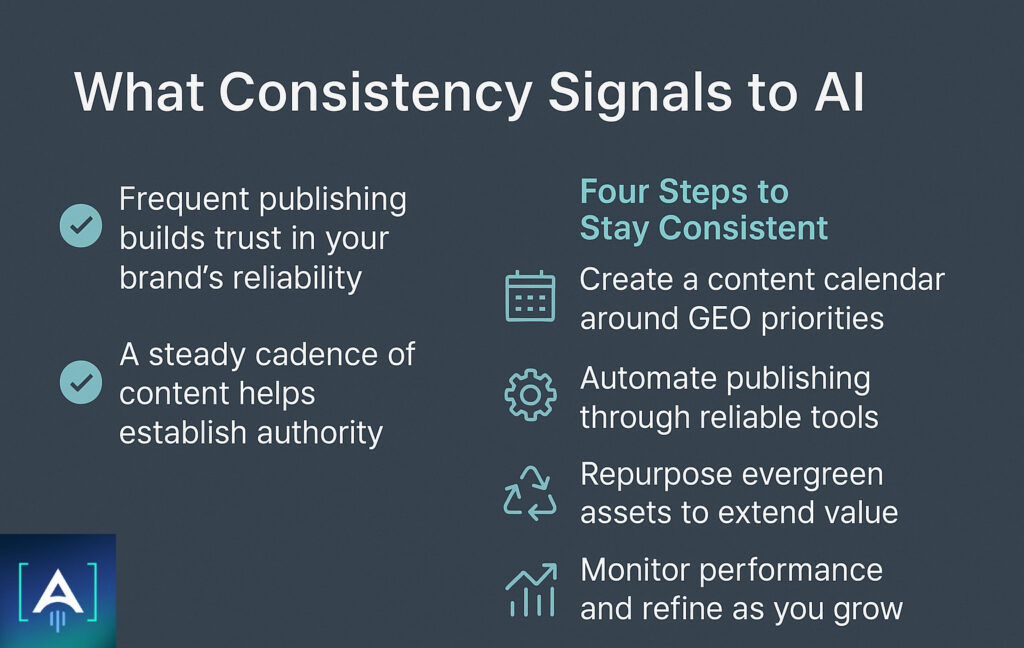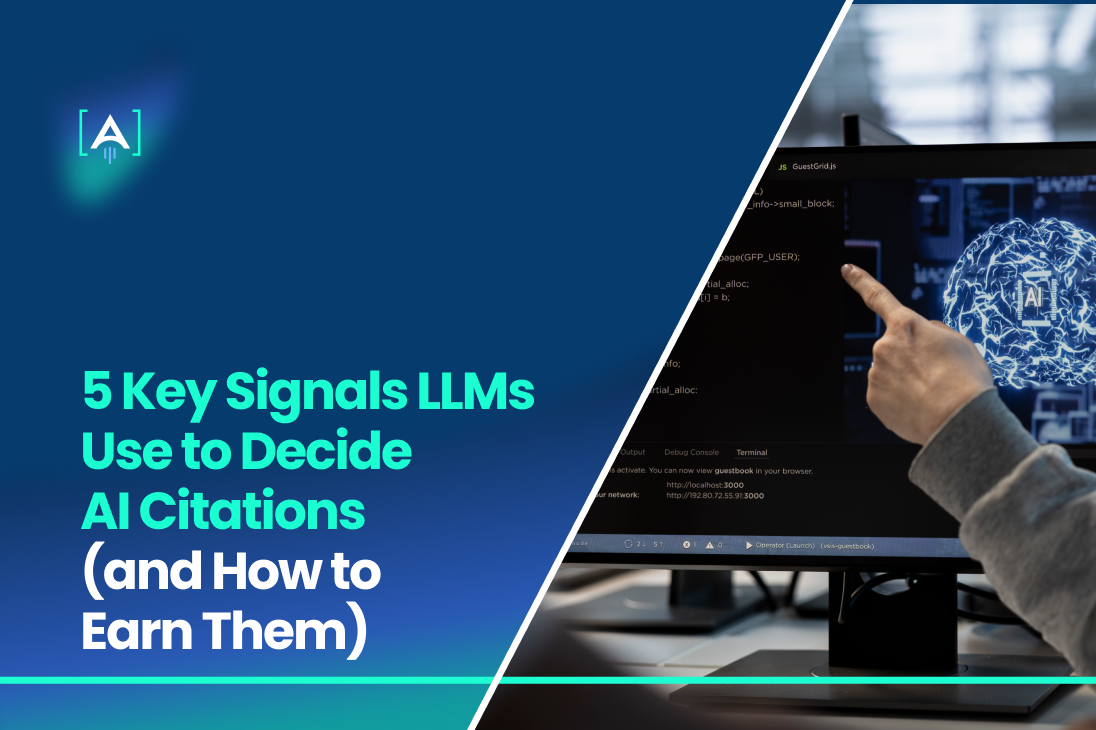AI citations are quickly becoming the new standard of digital authority. Large language models no longer just summarize the web.
This shift makes GEO (generative engine optimization) essential. Traditional SEO helps you rank in search engines.
GEO ensures AI systems see your business as credible enough to cite. The brands that embrace this change will build authority, win more customers, and future-proof their growth.
That’s why it’s great to start looking for a good GEO Agency, which has an in-depth understanding of the AI citations and trends.
Let’s explore more about it and why it’s so important.
Why AI Citations Matter For Brand Authority
AI citations are the new trust signal in digital marketing. They work like academic references, pointing readers back to original sources.
The difference is scale. Instead of appearing on a search results page, citations show up directly inside an AI-generated answer. That means your brand can appear in front of decision-makers without them ever needing to click a search result.
Also, remember that this is not a one-size-fits-all method; it requires an individual approach for each business sphere.
For e-commerce, this is a game-changer. Imagine a buyer asking, “What are the best running shoes for beginners?” and an AI model citing your store. The exposure and authority created in that single moment are far more powerful than competing for a spot on page one of Google.
Structured Content And Schema Markup That Attracts Citations
Large language models prefer structured information. They need clarity to interpret and trust what they read.
This is where AI schema markup comes in. A schema organizes your content in a way that AI engines can easily process. The result is higher visibility and more opportunities to be cited.

Benefits of Schema Markup
- Makes content easier for AI to understand and rank
- Signals authority by providing a clear context
- Improves your presence in zero-click search results
Steps to Implement Schema Markup
- Add schema for key pages such as blogs, FAQs, products, and reviews
- Use Google’s Rich Results Test to validate your markup
- Keep the schema updated as your content evolves
Relevance And Topical Authority That Match User Intent
Relevance is at the core of AI decision-making. Large language models want to cite sources that directly answer a user’s question.
Writing for AI means
- Covering topics in depth rather than at the surface level
- Anticipating customer questions and answering them clearly
- Avoiding filler text or jargon that adds no value
Generative engine optimization works hand-in-hand with a zero-click content strategy. The goal is to deliver so much value that even without a click, your brand is seen as the most authoritative answer.
Strong internal linking builds topical depth, while external links to credible sources reinforce trust.
Building Credibility And Trust To Earn Citations
Trust drives citations. Large language models are designed to minimize risk. That means they favor credible, trustworthy sources over unknown or questionable content.
How to Build Brand Authority
- Publish accurate, well-sourced content consistently
- Provide citations/statistics from reliable sources
- Be transparent when using external data or quotes
Over time, this builds a reputation with both audiences and AI engines. For example, in healthcare, a citation from Mayo Clinic will always be favored over an anonymous health blog. The same principle applies in every industry.
Consistency Across GEO Workflows for Businesses To Stay Visible
AI engines reward consistency. If your publishing schedule is irregular, your brand appears less reliable.

What Consistency Signals to AI
- Frequent publishing builds trust in your brand’s reliability
- A steady cadence of content helps establish authority
Four Steps to Stay Consistent
- Create a content calendar around GEO priorities
- Automate publishing through reliable tools
- Repurpose evergreen assets to extend value
- Monitor performance and refine as you grow
Brands that integrate content into consistent GEO workflows stand out as dependable and are far more likely to be cited by AI.
Engagement Signals That Influence AI Decisions
AI looks beyond content. It also studies how people interact with it. Engagement metrics act as proof that your content delivers real value.
Another mistake a lot of people make is giving general information, instead of a detailed description of the goals, services/products, and so on. The deeper AI sees your business, the better it will analyze your needs and provide.
Key Engagement Signals
- Time on page
- Click-through rates
- Social shares and interactions
A zero-click content strategy strengthens these signals by providing immediate, scannable value. Even if users do not click deeper, they engage with your brand.
How To Earn More AI Citations
The path to consistent citations is about combining all five signals into a unified strategy.
Checklist for Business Owners
- Add schema markup to priority pages
- Create content that matches customer intent
- Strengthen authority with credible links
- Publish consistently within a GEO workflow
- Track engagement and refine based on results
5.78 billion people use phones and the internet on a regular basis, which increases the chances of getting noticed as a business.
Think of this as a cycle. Structured content builds clarity. Relevance earns attention. Credibility builds trust. Consistency reinforces reliability. Engagement proves value. Together, these signals earn AI citations.
Common GEO Mistakes That Prevent Citations
Many businesses lose opportunities because they ignore the basics.
Top Mistakes
- Keyword stuffing instead of writing naturally
- Ignoring schema markup and structured data
- Weak linking strategies with little authority
- Publishing inconsistently
- Misaligned workflows across teams
Each of these mistakes reduces trust in AI engines and lowers your chances of being cited.
Moving From SEO To GEO For Maximum Value
The shift from SEO to GEO is bigger than a tactic. It is a transformation in how brands are discovered and validated.
Key Differences
- SEO optimizes for search engines, GEO optimizes for generative AI
- AI citations carry weight equal to or greater than rankings
- E-commerce brands gain visibility directly at the point of customer intent
Example
A retail brand invested in GEO by adding schema, publishing consistent high-value content, and linking to authoritative research. Within a year, its AI citations increased, leading to both greater online visibility and higher sales.
Conclusion
AI citations are quickly becoming the standard of digital credibility. They determine which businesses are trusted and referenced in the answers people now rely on daily.
Brands that understand how to structure content, remain relevant, build authority, publish consistently, and spark engagement will be the ones that AI systems choose to cite.
For leaders, this is more than a technical adjustment. It is a strategic shift that redefines visibility, reputation, and growth in a marketplace shaped by generative AI.
Those who take action today will secure an edge tomorrow, while those who wait risk being left out of the conversations that drive decisions.
This is where working with a dedicated GEO agency matters. By aligning with a partner focused on generative engine optimization, you’re positioning your business as an authority in its industry.
Now is the time to move from SEO to GEO, align your content with the signals AI values most, and claim your position as an authority in your industry. The businesses that invest in this shift will not only be cited, but they will be ahead of others.
Let’s find the best marketing solutions for your business.

